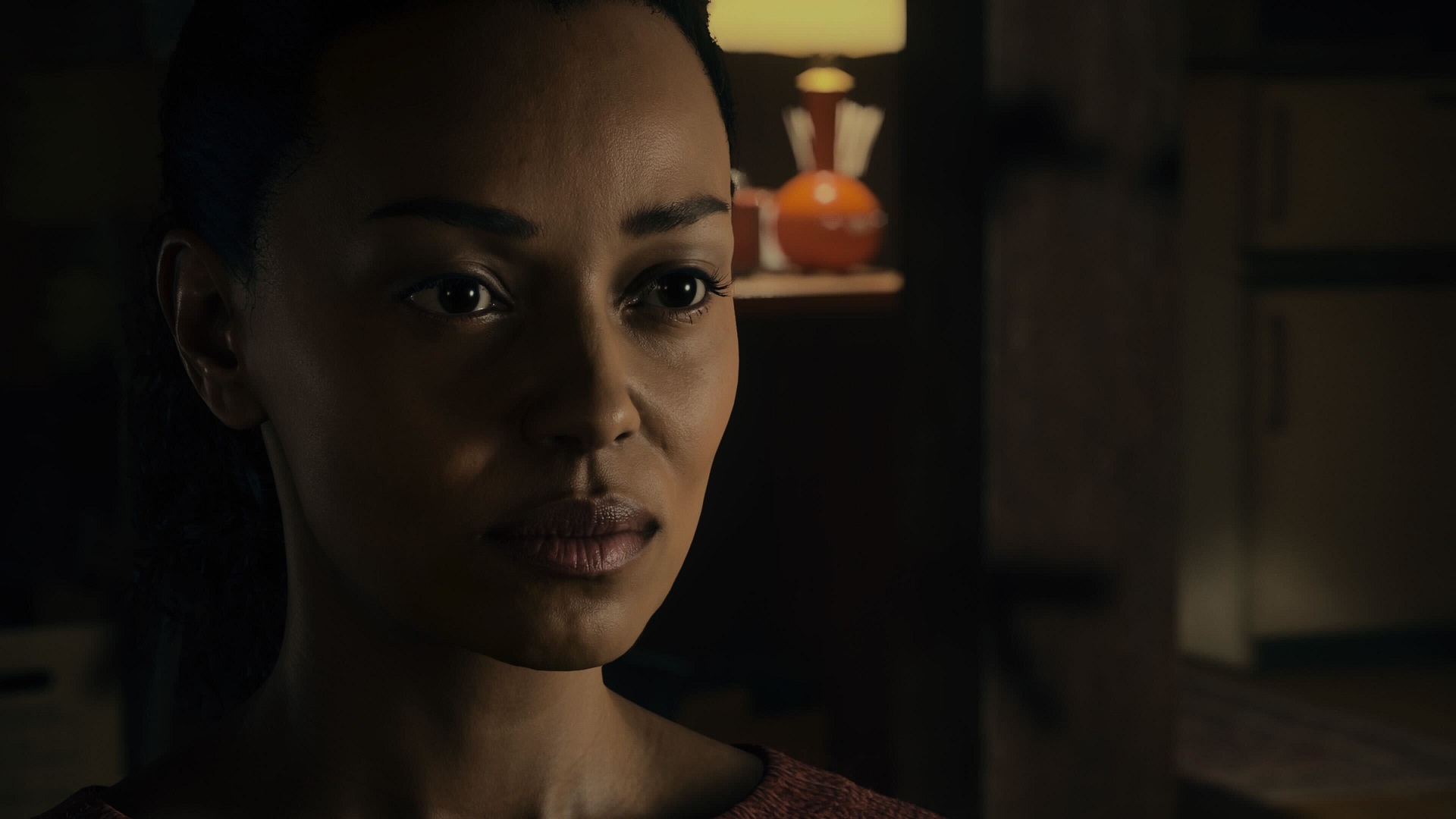
Remedy’s Sam Lake has told investors he wants to make commercially successful games — just never at the cost of his or the studio’s creative expression.
Remedy reported earlier this month that it had recouped “most” of its development costs with Alan Wake 2 sales more than a year from launch. That doesn’t necessarily make the game a flop, as it’s very possible it’ll have a long tail that eventually turns more and more of a profit, but it also doesn’t make it a guaranteed commercial success.
Speaking during Remedy’s Capital Markets Day on Tuesday (1:44:50 here), Lake addressed the presumably challenging art of balancing creative freedom with market viability.
“Games require long, complex productions. Games are cutting edge technological achievements. Games are business. We strive to create commercial hits,” he said. “All of this is true, all of this is needed, all of this must be in balance for us to succeed. What else is true? Games are ambitious, passionate, works of creative expression. Games are high quality entertainment. What we create at Remedy is special, and we must never lose that.”
As a massive fan of Remedy’s catalog, I’m comforted by Lake’s commitment to preserving what makes the studio’s games special despite thus-far lukewarm sales, and doing so in a room full of investors who are counting on the commercial success of his games no less. It’s also worth noting that Alan Wake 2, undeniably Remedy’s weirdest, most Remedy game yet, is also its fastest selling game ever.
When I caught up with Lake just ahead of Alan Wake 2’s launch last September, he told me he was emboldened to make “crazy” games by the positive response to Control, which in its five years since launch has sold 4.5 million copies and made Remedy more than €100 million in net revenue against a €30 million budget — proof that Alan Wake 2 still has time to prove itself to Remedy’s investors.
If they need any more convincing, just remind them Alan Wake 2 is on our list of the best horror games and they’ll come around.
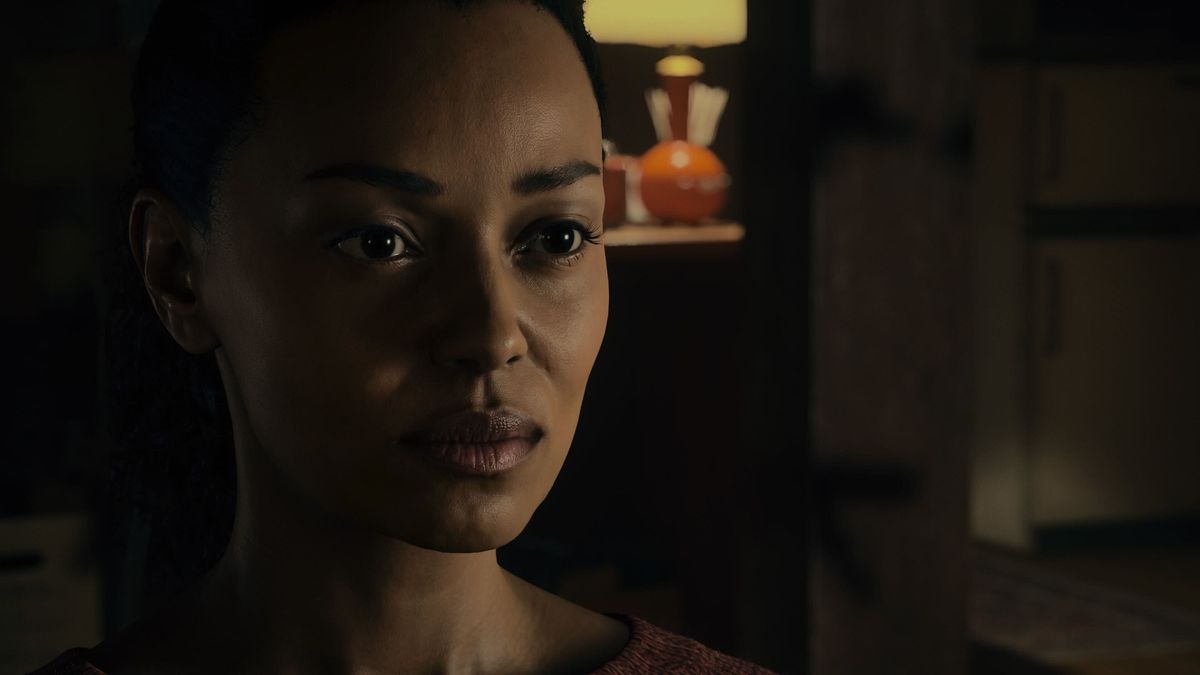

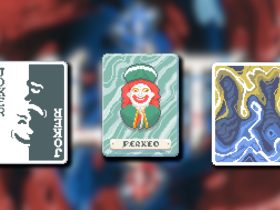
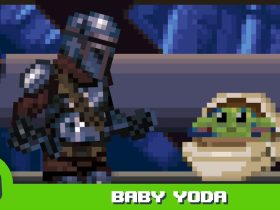

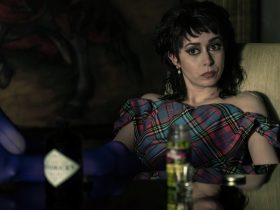


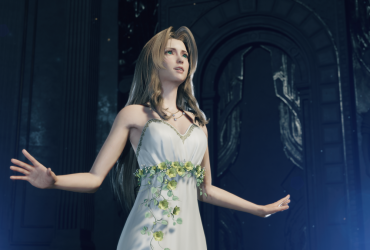
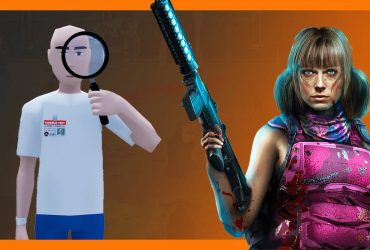
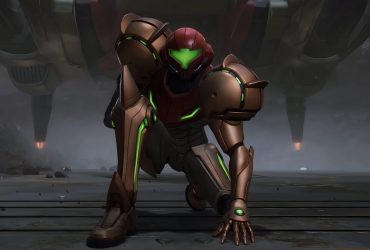
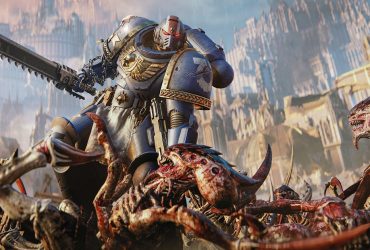
Leave a Reply